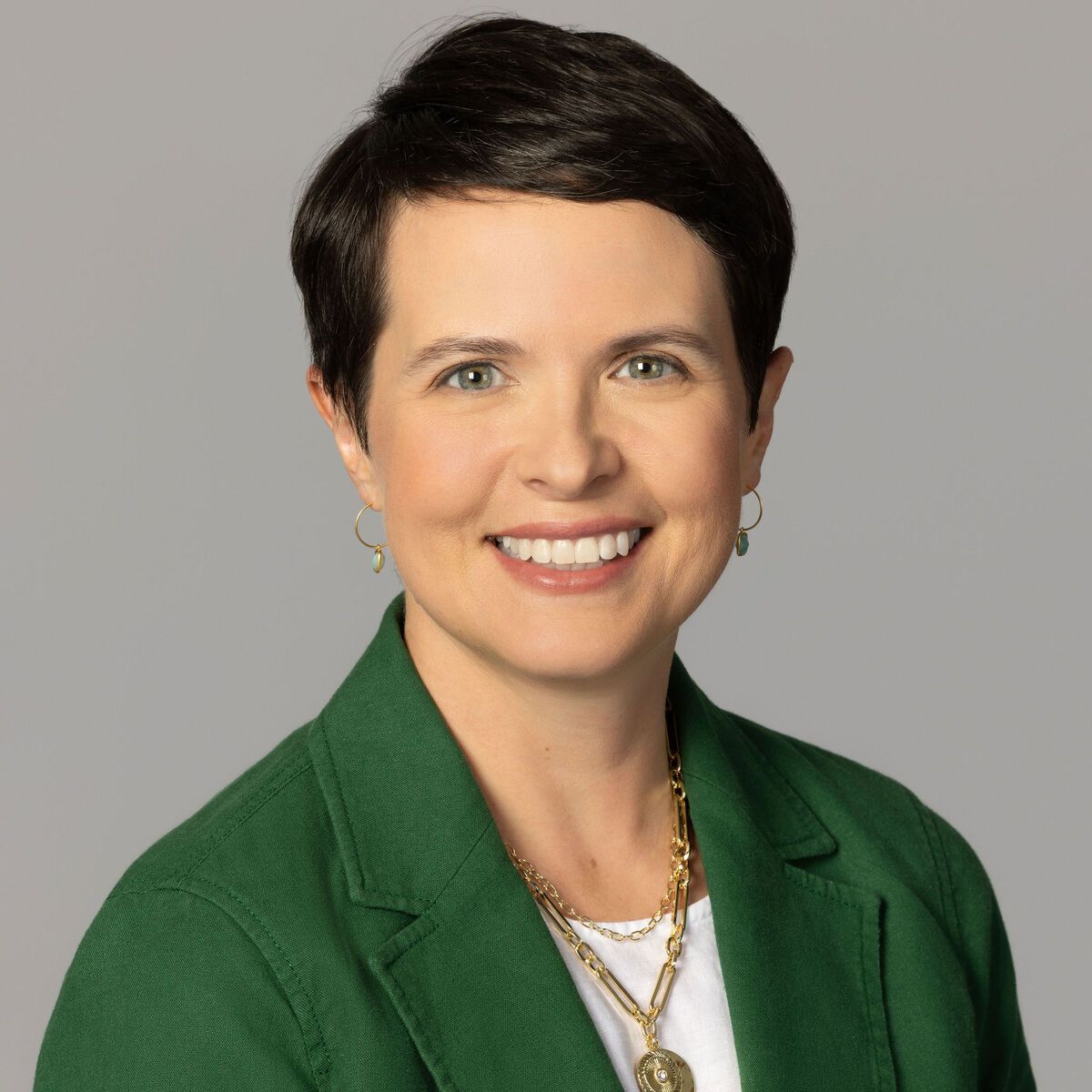What is the next conference on your calendar?
Technical conferences are a big investment of time and money, so it makes sense to squeeze all the value you can from them.
My teammate Merab Mushfiq and I will be at the AIChE Annual Meeting in Boston early next month (Hynes Veterans Memorial Convention Center, November 2-6, 2025). If attending, please visit our table in the Expo Hall or find us at our poster, The Hidden Curriculum of Research Funding.
How can you maximize value from a conference?
Before
List out with whom you want to meet. Check the program and abstracts to note funders, potential collaborators, and anyone else adjacent to your work.
Reach out 7-10 days ahead. A brief email asking to grab breakfast or coffee can work surprisingly well. They might not reply or they might decline but you could land a great conversation simply because you asked.
Be open to new sessions. When I was a Program Manager at the Army Research Office, I went to many new-to-me sessions to scout ideas. Some were very productive; others less so. But it was still worth it. Branching out beyond your primary community keeps you learning.
During
Your goal is a follow-up, not a deal. Conversations are short and the environment is loud. Introduce yourself, give a quick picture of what you do and ask if you can email to schedule a longer discussion later. Getting a verbal “Yes—email me” raises the odds the other person will indeed respond and continue the conversation. Follow up by sending the email after the conference. Or draft it that evening and schedule it to send it later so that work does not follow you home.
Use subject lines that jog memory. Try: “Follow-up from AIChE” or “Great meeting you at AIChE—next steps?” Put the conference name in the subject to anchor the context.
Do not be fooled by the “I did a lot” feeling from attending talks. Funder overview presentations are fine, but they are public, technical, and mostly repeat what is already on their websites. Attending these can leave you feeling productive when you’ve actually been passive. Prioritize brief one-on-ones and small-group conversations in which you ask questions that are relevant to your situation.
Say Yes to group dinner invitations. Dining broadens the conversation beyond what you might cover at a poster and helps you meet people you would not bump into otherwise.
Be deliberate with your time and energy. Support your trainees and reconnect with colleagues, but prioritize unstructured time for you to explore the conference on your own. Do not let your entire schedule be consumed by everyone else’s needs.
After
One good connection is enough. If a meeting feels quiet or a topic is outside your lane, stay positive. The one relationship you initiate could influence your entire trajectory.
See you in Boston! Be safe, and come say Hi to Merab and me at the Wise Investigator table or poster.
The meeting of two personalities is like the contact of two chemical substances: if there is any reaction, both are transformed.
Important mindset shifts for new assistant professors
Are you a new assistant professor (or soon to be) navigating the shift from solo contributor to research leader? In the first video of my 7-part series, I cover how to set a long-term vision, delegate and mentor effectively, build your leadership skills, and position your lab for funding. Watch the kickoff episode here and start putting a simple, sustainable plan in place.
When you are ready, here’s how we can help
Need to get your research funded, this year? Check out our 12-week program to get you there.
Check out our storefront where you can access our free Unlocking DOD Funding for University Researchers course and other resources, including for faculty applicants.
Ready to book a call to discuss how our program can support faculty at your institution? Let’s chat!

